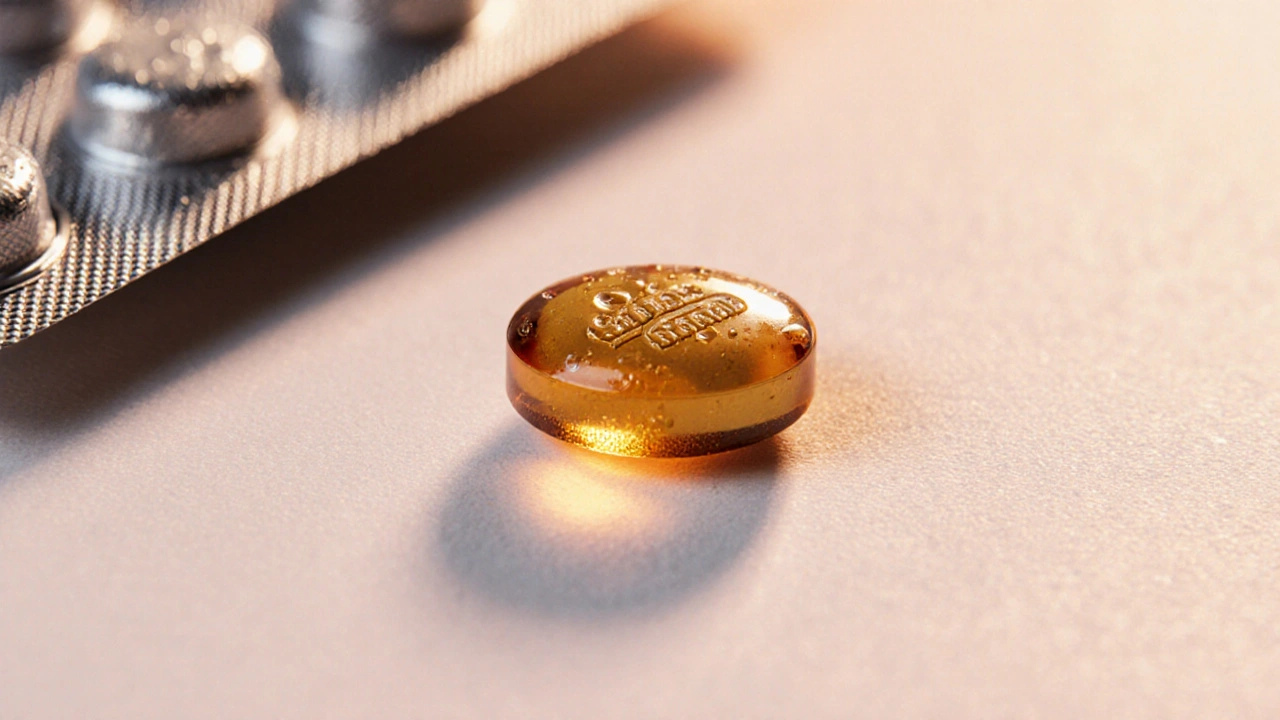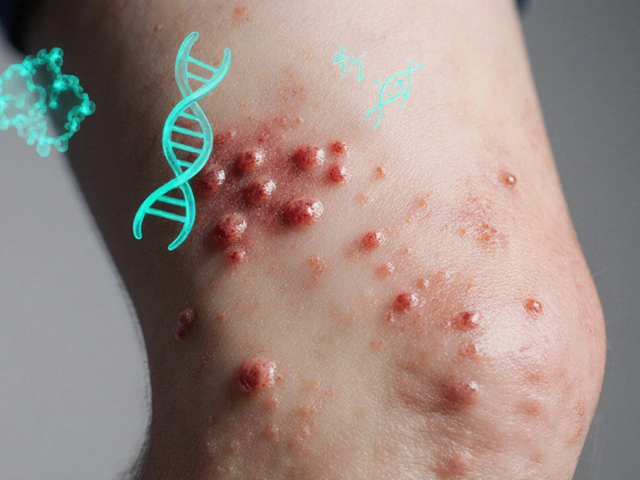HRT Alternatives – Natural and Non‑Hormonal Options Explained
When exploring HRT alternatives, options that replace or complement traditional hormone replacement therapy for menopause and low‑estrogen symptoms. Also known as non‑hormonal menopause solutions, it offers a range of strategies beyond synthetic hormones. People often ask if they can avoid the side‑effects linked to regular hormone pills while still keeping hot flashes, sleep issues, and mood swings in check. The good news is that a mix of natural compounds, prescription meds that work differently, and everyday habits can do the trick. Below you’ll see how each piece fits into a bigger picture of symptom relief.
First, it helps to know what we’re moving away from. Hormone Replacement Therapy, the use of synthetic estrogen and progesterone to alleviate menopausal symptoms has been the go‑to for decades, but it carries risks like blood clots, breast tenderness, and sometimes mood swings. Those risks spark the search for alternatives that still tackle the same estrogen drop without the same safety concerns. Understanding the limits of traditional HRT sets the stage for choosing smarter, safer solutions.
Key categories of HRT alternatives
One popular branch is bioidentical hormones, compounds chemically identical to the hormones the body makes. They’re marketed as “natural” because they match the body’s own estrogen and progesterone molecules. While they still involve hormones, many users find the dosing more flexible and the side‑effect profile milder. However, they still require prescription monitoring, so they’re not a complete departure from hormone use.
For those who want to stay clear of any hormone, phytoestrogens, plant‑derived compounds that weakly bind to estrogen receptors are a go‑to. Foods like soy, flaxseed, and lentils supply these compounds in everyday meals. Research shows they can soften hot flashes and improve bone density, especially when paired with a balanced diet. The trick is to consume them regularly, because the effect builds up over weeks rather than hours.
Beyond plants, lifestyle tweaks play a huge role. Regular aerobic exercise, strength training, and yoga improve circulation and hormone balance, often cutting the intensity of night sweats. A diet rich in omega‑3 fatty acids, calcium, and vitamin D supports bone health and mood stability. Sleep hygiene—keeping a cool bedroom, limiting caffeine, and establishing a wind‑down routine—helps the brain regulate temperature, which can directly reduce hot flashes.
When natural methods need a boost, doctors sometimes turn to non‑hormonal prescription drugs. Low‑dose selective serotonin reuptake inhibitors (SSRIs) such as paroxetine have been shown to cut hot flash frequency by up to 60 %. Gabapentin, originally an anti‑seizure medication, also eases night sweats and improves sleep quality. These drugs work on the brain’s temperature‑control centers rather than on estrogen pathways, offering relief without hormone exposure.
Another emerging option is localized low‑dose vaginal estrogen. Though it’s still a hormone, the tiny dose stays mostly where it’s needed—inside the vagina—so systemic absorption is minimal. This can be a smart compromise for women who need relief from dryness or painful intercourse but want to keep overall hormone levels low.
Putting it all together, the choice of HRT alternatives really depends on personal health goals, risk tolerance, and how your body reacts. Some people start with diet and exercise, add a phytoestrogen supplement, and only move to prescription meds if symptoms persist. Others may prefer the precision of bioidentical hormones under physician guidance. The key is to view these options as a toolbox, not a single fix.
Below you’ll find a curated list of articles that dive deeper into each of these paths—whether you’re curious about soy vs. flaxseed, want a step‑by‑step guide to safe online pharmacy purchases, or need the latest on non‑hormonal drug options. Use the resources to map out a plan that fits your lifestyle and health needs.
Conjubrook (Conjugated Estrogens) vs Other HRT Options - Which Is Right for You?
A side‑by‑side look at Conjubrook (conjugated estrogens) versus other HRT options, covering pros, cons, safety and how to pick the best estrogen therapy for menopause.
Read





